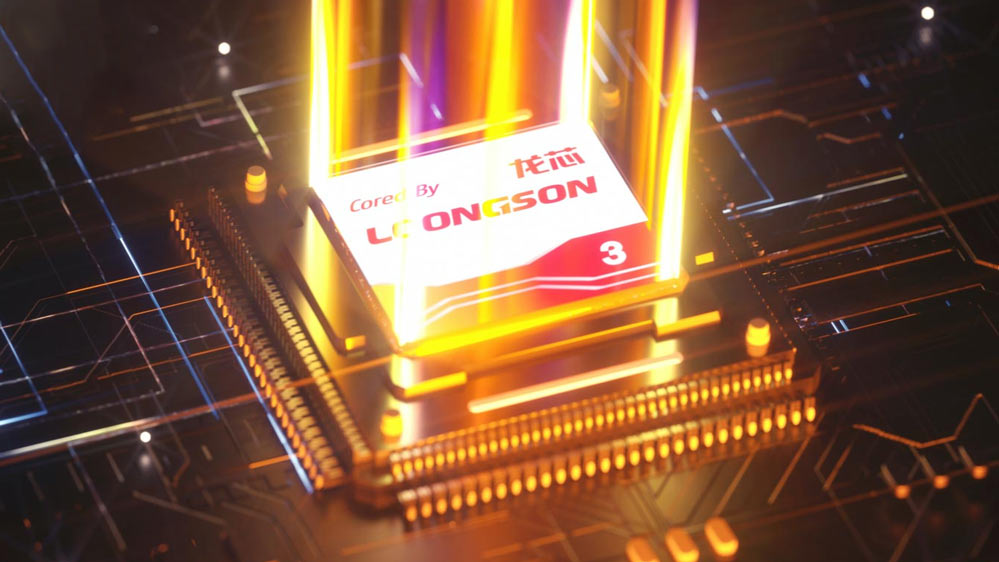
Chinese CPU manufacturer Loongson is purportedly closing the gap quickly to Western CPU manufacturers regarding raw performance. Fast Technology reports that Longsoon's fourth generation is adopting a "tock-tock-tick" strategy to accelerate innovation.
Over the past several years, Loongson has taken inspiration from Intel, using its widely known tick-tock strategy to innovate on its past three generations of CPUs. The tock refers to architectural innovation, designing a new chip architecture around an existing processing node. The tick represents porting that existing architecture to a new design node. Intel generally does not utilize this design strategy anymore, with its latest Arrow Lake chips functioning on a brand-new architecture and a completely new process node.
However, Loongson has adopted the tick-tock strategy for the past three generations, bringing consistent performance improvements to its chips. That all changes with its fourth-generation chips, however. The Chinese manufacturer has purportedly decided to switch gears, utilizing a new strategy deemed tock-tock2-tick. This method adds a second architectural design optimization "pass" before the design is ported to a smaller node. Effectively, this gives Loongson's designers more time to improve their CPU designs before moving them to a new process node.
Fast Technology reveals that the first chips to operate on its first tock were the 3A6000, 3B6000M, and 3C6000, nicknamed the "Three Musketeers." Chips running on the second tock are the Loongson 3A6600, 3B6600, and 3C6600, with the difference being the "600" numbering scheme added to the chips trio. This trio of chips is Loongson's current iteration of CPUs.
The 3B6600, for example, is claimed to perform at par with Intel 12th—and 13th-generation CPUs thanks to its new eight LA864 cores with a clock frequency of just 3 GHz. It will be tapped out in 2025.
Loongson's fourth generation of CPUs is still well into the development phase, and we have no word on what CPU models will be powered by Longsoon's next-gen design. Regardless, if Loongson's third-gen chips can already compete with Intel Raptor Lake CPUs, it stands to reason that these fourth-gen chips could compete directly with Zen 5 and Arrow Lake. Loongson's fourth-gen chips will purportedly operate on a new process node comparable to 7nm nodes from competing Western manufacturers.







